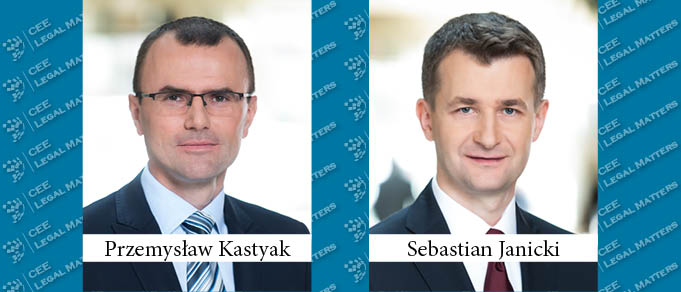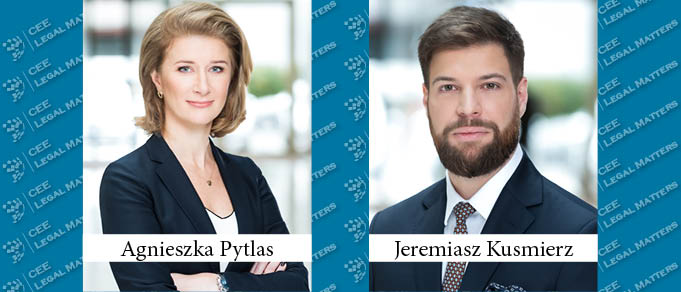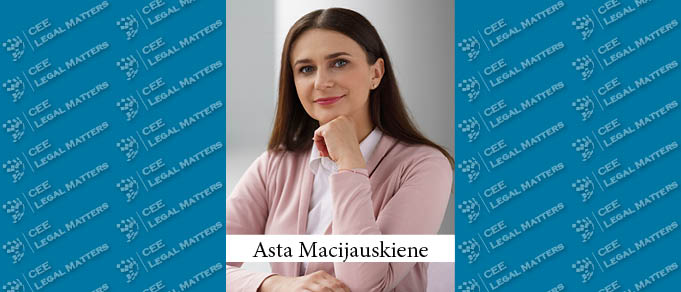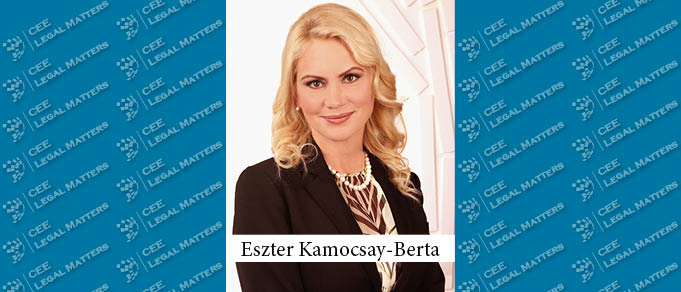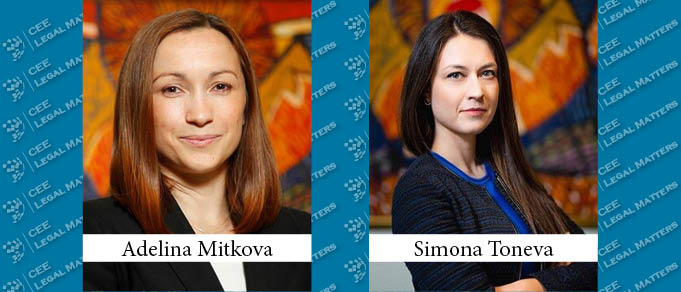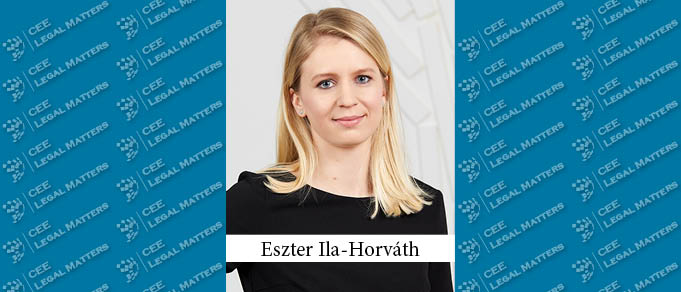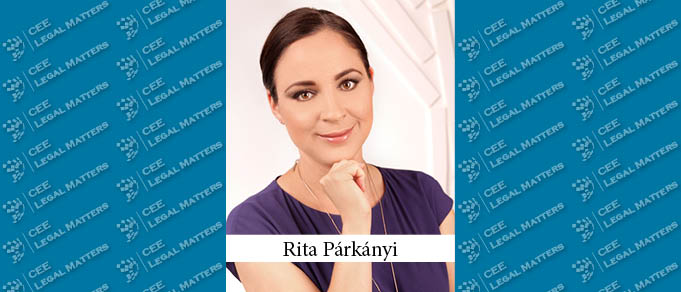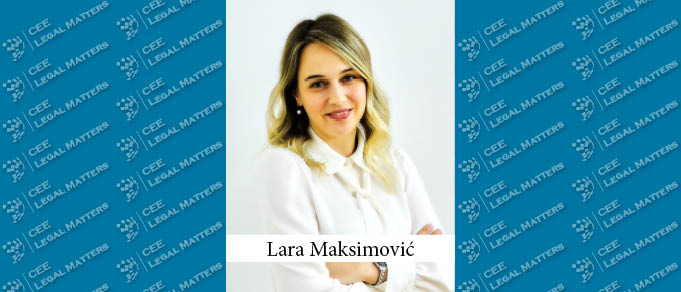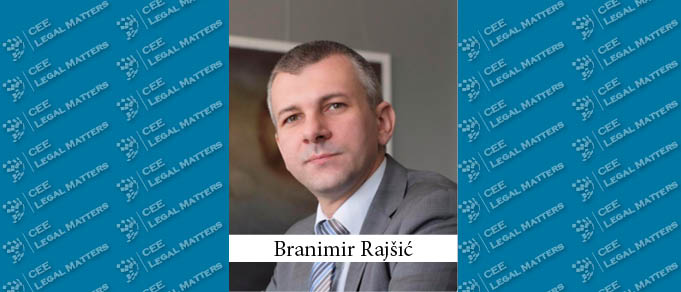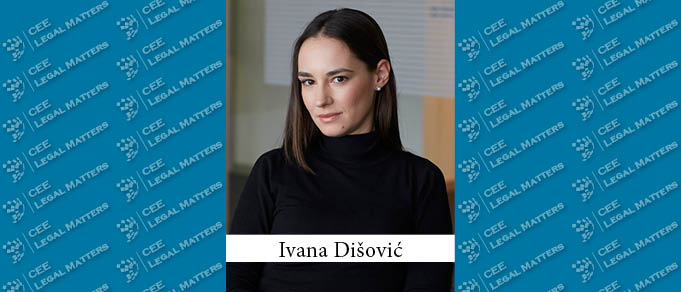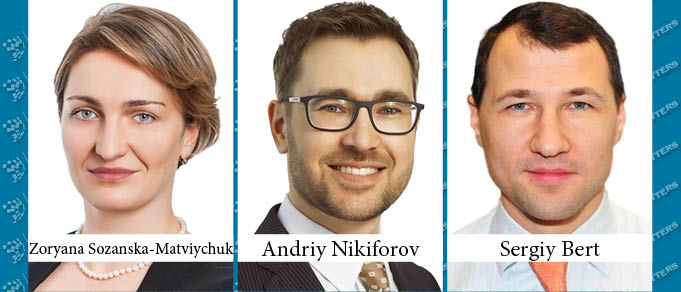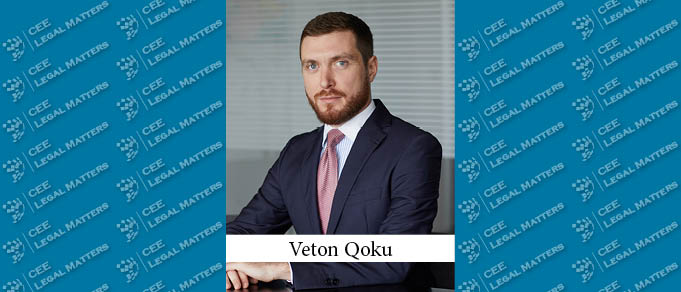Recent post-Covid months have shown some interesting positive trends on the Polish real estate market with a few surpassing expectations.
New Technologies in Poland: Legal Framework, Trends, and Developments in TMT
Over the past couple of years, Poland has become a leading player in the European IT market. According to Eurostat, there are approximately 554,000 IT specialists living in Poland. Although this is less than 5% of the total IT workforce in the EU, the number is constantly growing. It is also widely recognized that Polish IT specialists are well trained. If you also consider the convenient geographical location between West and East and the stable economic situation, it is no surprise that many foreign companies have found Poland to be a promising place to develop software and carry out related research and development activities.
Challenges of M&A on Poland’s New Tech Market
Innovative technologies, software development, and gaming are becoming an increasingly important part of not only Poland’s M&A market but of the whole region. The greater presence of global tech investors seeking potential acquisitions in Poland is putting pressure on local developers to keep up with international standards and the fast pace of the acquisition process.
A New Era for Consumer Rights
Directive 2019/2161 of the European Parliament aims to ensure better enforcement and the modernization of EU consumer protection rules. The Omnibus directive is also known as the consumer GDPR because it sets forth hefty fines for infringements of the regulatory framework on consumer rights protection. The Omnibus directive must be transposed into the national legislation by November 28, 2021.
ECJ’s Ruling in Favour of Boehringer - Pharmaceutical Companies May Retroactively Reduce Their VAT Liabilities
The Hungarian State unlawfully collected a sizeable amount of VAT from pharmaceutical companies ruled the European Court of Justice (ECJ) in a recent preliminary ruling procedure, initiated by Boehringer Ingelheim against the Hungarian tax authority.
Last Call for Fulfilling the Registration Obligation with VERBIS!
Under Turkish law, data controllers must be registered with the so-called “VERBIS” registration system before processing any personal data. The Turkish Personal Data Protection Authority announced December 31, 2021 as the final deadline for fulling this registration obligation pursuant to the Personal Data Protection Law No. 6698 and the Regulation on Data Controllers Registry. The deadline is fast approaching.
Do E-commerce Platforms Provide Payment Services and Should They Get Licensed?
In recent years, as a result of the global political and economic environment and the consequences of the Covid-19 pandemic, the e-commerce has become a preferred method for trading goods and services for both businesses and consumers. More and more online trading platforms are emerging, where platform operators connect sellers and buyers using different business models and payment mechanisms.
New Residence Permit for “Digital Nomads”
In November 2021, a bill on the amendment of Act II of 2007 on the Entry and Stay of Third-Country Nationals in Hungary was accepted by the Parliament. The purpose of the modification is to create a new type of residence permit for “digital nomads” and it will enter into force on 1 January 2022.
Hungarian Constitutional Court May Scrap Mandatory Vaccination
At the end of October 2021, the Hungarian Government decided to take new protection measures to contain the fourth wave of the coronavirus outbreak, as a result, from 1 November 2021 employers have the right to require their employees to be mandatorily vaccinated. This means that to increase vaccination coverage and to protect workplaces, the Government allows employers to require their employees to be vaccinated against coronavirus as a condition of employment, either as a standard working condition for all employees or as an individual working condition depending on the job. For employees who have not yet been vaccinated, the employer may set a 45-day deadline for the first vaccination. Employers who require vaccination must inform the employee of the measure, the deadline and the possible legal consequences of not vaccinating, either electronically (in e-mail) or on paper. Furthermore, an employee who is medically certified as contra-indicated to be vaccinated against the coronavirus cannot expected to be vaccinated.
Proposal for Amendments to the Companies Law – What Will be Different?
The Government of Serbia has recently adopted the Proposal for Amendments to the Companies Law (the “Proposal”), which official text states that its primary goal is to promote the protection of minority shareholders, in accordance with measures provided by the Action Plan of the Program for Improvement of Position of the Republic of Serbia on the World Bank’s Business List – Doing Business for the period 2020-2023. In addition, the respective novelties imply other changes as well, the most significant being those referring to the position of entrepreneurs, and court protection in case of business address abuse.
Possibility to Request Confirmation of Vaccination by Employers in Slovakia
The possibility of the employer to investigate whether its employees are vaccinated against COVID-19 was subject of heated debate in Slovakia. The prevailing view was the employer could not request such information from them as allegedly there was no legal basis for it in the Labour Code or other regulations. Surprisingly, such view was also supported by the Slovak National Inspectorate of Labour that claimed it should be up to the employees whether they inform the employer about their vaccination. There were also discussions whether obtaining such information by the employer complies with the GDPR.
What Novelties are Introduced by the Law on Amendments to the Law on Tax Procedure and Tax Administration?
The Law on Amendments to the Law on Tax Procedure and Tax Administration (Official Gazette of RS, no. 96/2021) (the “Law”) was adopted on October 16, 2021. The novelties introduced by this piece of regulation particularly include those referring to the filing of tax application for calculated mandatory social insurance contributions for company founders and/or shareholders, deferral of interest payment for settled obligations, replacement of insurance instruments for collection of due taxes, and issuance of additional record.
Hungarian Constitutional Court Rejects Application to Investigate Immunisation Certificates
Immunisation Certificates played a big role in the previous wave of COVID-19 pandemic in Hungary. They were issued as a supplementary certificate to confirm that the cardholder had a positive COVID test or got at least the first shot of any of the available vaccines. At many stages of the pandemic, cardholders enjoyed specific privileges compared to the others (i.e. card was asked at many places that had an indoor room, such as theatres, cinemas, restaurants etc.). Even though the European COVID passport became available from 1 July 2021 among the EU, it is only issued for persons, who got an EU-approved vaccine. Since Hungary choose to vaccinate with non-EU-approved vaccines, the dichotomy of the certificates still remains.
Personal Income Tax Incentives and Capital Gains Tax Exemptions Proposed
The Government of the Republic of Serbia has recently proposed amendments to the tax laws, including amendments to the Law on Personal Income Tax (‘PIT Law’), Law on Mandatory Social Contributions (‘SSC Law’) and the Law on Corporate Income Tax (‘CIT Law’).
Non-competition Clause After the Termination of the Employment Contract
The Labour Law contains only 2 articles related the non-competition clause.
E-Hearing System Has Now Been Implemented in All Provinces of Turkey
E-Hearing System is a system that enables participation in hearings held in civil courts remotely. In this regard, the fundamental rules on this new system, which saves time and labor both for lawyers and other relevant persons while facilitating access to justice services, were previously elaborated in one of our articles. In a relatively short time after the promulgation of the Regulation on the Conduct of Hearings by Audio and Video Transmission in Civil Procedures [“Regulation”] which sets the e-Hearing procedures and principles in the Official Gazette dated June 30, 2021 e-Hearings have become widespread rapidly.
New Draft Law of Ukraine on Personal Data Protection
A new draft personal data protection law, draft Law of Ukraine No. 5628 (“Draft 5628”), was introduced to the Ukrainian parliament on 7 June 2021. Draft 5628 replaces certain earlier draft laws on this subject and is currently the only draft legislation in the area of personal data protection.
North Macedonia: Preparations for the Electricity Crisis
While trying to bounce back from the COVID-19 pandemic, the world is running headlong into an energy crisis, and North Macedonia will meet the same fate. The country is facing serious electricity shortages due to the rising growth of prices on the energy exchanges in Europe. This, in turn, disables the companies that trade in electricity to comply with the agreements signed with companies and institutions to whom they supply electricity on the free market. The disbalance in the demand and supply is then covered from the reserves of the transmission system operator (“TSO”) MEPSO, who is drawing electricity from the European network, thus accruing massive debt. Meanwhile, North Macedonia is trying to increase the domestic production of electricity, by activating the third block of REK Bitola, the country’s biggest producer of electricity and coal.

